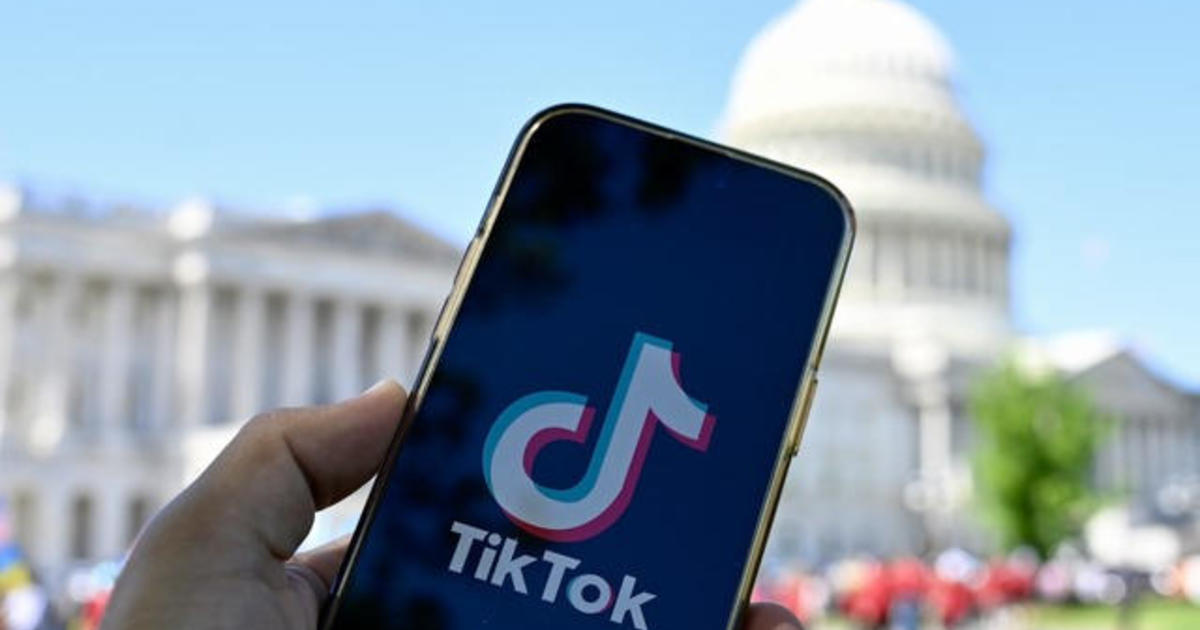FedEx CEO claims New York Times Co. paid no federal taxes
FedEx CEO Frederick Smith fired back at the New York Times for a story alleging his company paid no taxes last year by essentially claiming the Times' parent company could be accused of the same offense.
The Times story, published Sunday, said the shipping company had "cut its tax bill to $0." The Times story also said FedEx spent the bulk of the tax savings on stock buybacks and dividends rather than investing in the company.
In an unusual move, FedEx's Smith claimed in a news release on Sunday that the New York Times Co. paid no federal taxes in 2017, despite earning $111 million that year. "Pertinent to this outrageous distortion of the truth is the fact that unlike FedEx, the New York Times paid zero federal income tax in 2017," Smith said.
Smith also called the Times reporting "distorted and factually incorrect," but did not specify what the news report had gotten wrong. He even challenged New York Times Publisher A.G. Sulzberger and the paper's business section editor to a public debate on tax policy. Smith was among the most prominent of a number of CEOs who publicly lobbied for the corporate tax cut back in 2017.
Danielle Rhoades-Ha, vice president of communications for the New York Times, expressed confidence in the accuracy of the paper's story. "FedEx's colorful response does not actually challenge a single fact in our story," she said in a statement. "FedEx's invitation is clearly a stunt and an effort to distract from the findings of our story."
Tax cut's corporate boost bigger than expected
The Times claimed FedEx's tax bill disappeared as part of a larger story on how U.S. companies have been able to save far more money than expected from the Republican-backed Tax Cuts and Jobs Act of 2017, which lowered the statutory federal corporate tax rate to 21% from 35%. The Times also said many companies have failed to use those tax savings on capital expenditures or other long-term investments that could spur future economic growth, as many CEOs and tax-cut proponents had promised.
Those broader Times claims appear to be true: Earlier this year, Bloomberg estimated that corporations were on track to save as much as $2 trillion from the tax cuts over the course of a decade, or $600 billion more than was predicted at the time of the tax bill's passage. A National Association of Business Economics survey also found that the tax cut had little or no impact on businesses' capital investment or hiring plans.
On the other hand, it is nearly impossible to say what FedEx or the New York Times Co. paid in taxes in any given year, tax experts say. That's because companies, like individuals, aren't required to file their tax returns publicly.
Public companies do have to file quarterly financial statements with the Securities and Exchange Commission, and those statements estimate how much money they have set aside to cover future taxes. But the filings don't reveal what a company is currently paying in taxes, or even for what years those taxes are being paid.
Why FedEx's taxes remain a public mystery
In the past, tax experts have said that a company's current tax estimate in its quarterly filings is typically a decent measure of what the company is actually paying. But even that measure has become unreliable in the wake of the 2017 tax changes, according to tax expert Robert Willens.
For instance, the Times said that FedEx paid no taxes in its 2018 fiscal year that ended May 31, which was a drop from $1.5 billion in the year-earlier period. But that was based solely on FedEx's tax accounting expense in its SEC financial filings, according to the story — not what was in its tax filings, which were not public.
The biggest reason those two figures could be dramatically different has to do with tax liabilities, Willens explained. For FedEx that could play out like this:
- When the tax law changed in 2017, FedEx had large liabilities for past taxes it had yet to pay. But once the tax rate dropped, FedEx suddenly recognized it didn't owe as much as it had previously thought.
- That change gave FedEx a paper gain of nearly $1.2 billion. On paper, that was a huge windfall, dramatically lowering the company's overall tax expense to nearly zero.
- In reality, it didn't change the company's actual federal cash tax bill. While FedEx's income statement showed no tax expense for fiscal 2018, its cash flow statement, on the other hand, showed that the company's cash from operations in that same year dropped $231 million due to tax payments.
And why the Times Co.'s taxes remain a mystery
FedEx, in attempting to argue the Times Co. paid zero in taxes, appears to have had a similar but opposite problem, Willens said:
- When the tax law changed, the Times Co. had a tax asset, meaning it had a credit, likely because it had lost money in the past, that it could use to lower its future tax bills. But once the tax rate dropped, the Times Co. acknowledged that that tax benefit wasn't worth as much as it thought. It therefore had to lower the value of those assets for the 2017 tax year.
- The drop in the value of those assets appears to have resulted in a nearly $69 million tax gain, wiping out (and then some) the nearly $42 million that the Times Co. reported as its tax expense in 2017. But again, that tax gain, like with FedEx, was almost entirely on paper.
Willens, considered one of the nation's top tax experts, says that by not accounting for the change in tax assets and liabilities, The Times was presenting an "unfair" assessment of how much FedEx actually paid in taxes — and visa versa for FedEx on the Times.
"It's very frustrating, but currently there is no way to get an accurate number for what companies are actually paying in taxes," Willens said. "FedEx is reducing the value of its potential tax liability that it may have never had to pay in first place. It doesn't impact how much cash is coming in, or how much it has to pay out, so I think not excluding that [change in tax liability] seems a little unfair."



